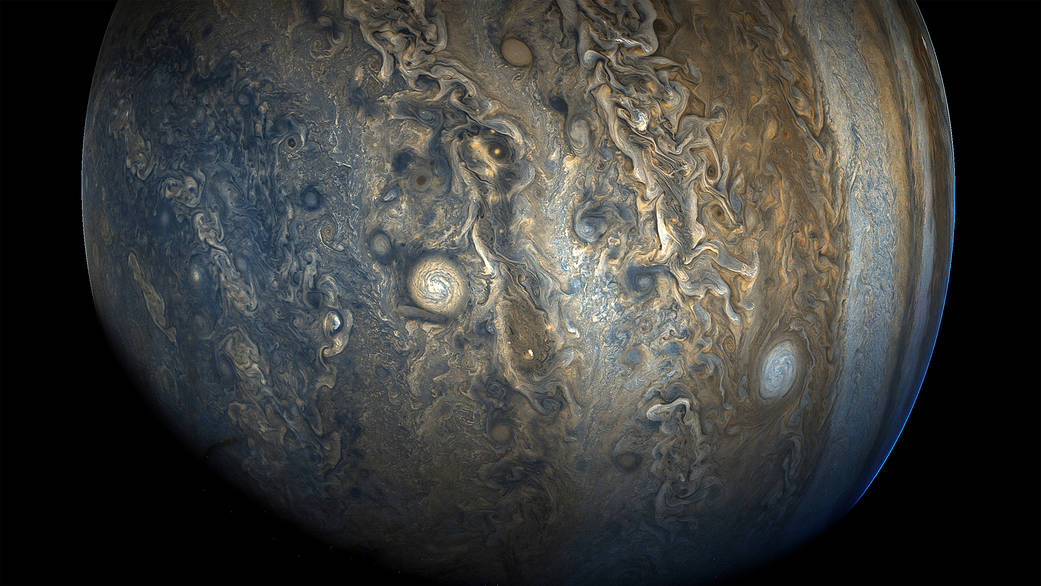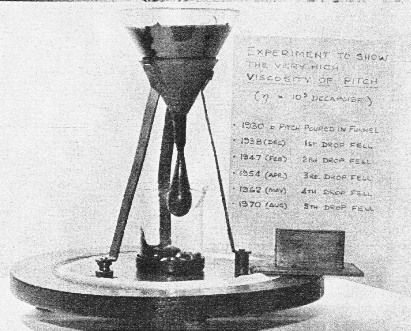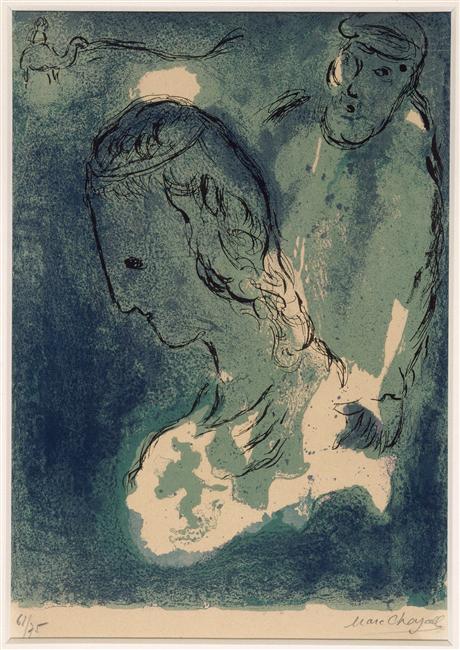Yesterday, our minister delivered his last sermon.
Joe and his wife have been in church ministry for over 40 years, and the sweetness of two lives well spent filled the sanctuary with gratitude as this beloved couple urged us onward in love. I felt the eternal heft of their service. And somehow, it felt like the passing of a baton.
As I sat there, I scribbled out a confession. “I miss being a pastor’s wife.”
This was a big deal for me—a sentence I thought I would never write.
I suppose the ache was similar to the ache a former dancer must feel in her legs while watching a ballet, similar to the ache a retired musician must feel in his fingers while sitting in the audience during a brilliant symphony. That ache feels like, “Oh, there I am! That is who I am! But I am not that now.”
I ran to the Methodist church five years ago, after a hard breakdown in our last church. My denominational choice didn’t make much sense to some of my friends. They know Methodism through stories that hit the news—struggles over sticky cultural issues that will probably divide the denomination soon.
However, I don’t just know Methodism from the news. I know it from the inside.
While my husband was in seminary at Dallas Theological, he worked in a small town Methodist church. This baffled fellow students at DTS as well as some Methodists in our local conference. On paper, certain differences seemed difficult to reconcile. Yet in practice, the blend was easy. In that congregation, we found older believers who knew their Bibles back and forth, people who were deeply committed to its truth and beauty. These gentle souls knew the Bible better than some seminary students, they trusted it, and they taught it with accuracy and passion in little groups of Sunday School classes.
We found Wesleyan hymns, rich and full of awe for the Living God. These weren’t just feel-good, Jesus-is-my-boyfriend songs. They made a person think. They cleared the fog of the world away from the soul and carried it to a place of reverence and trust.
We found dozens and dozens of good, kind people, accustomed to turning Sunday morning sermons into real-life service in the community. These church members didn’t serve as if service were shocking—they served as if it were the most natural thing in the world to let God’s love for the individual move outward into love for a lost world.
They rushed to care for the poor, the uninsured, children of working single mothers. They found ways to provide affordable clothes and food for those in need. They created venues for dignified help, and they didn’t do that condescendingly but giddy as children.
After my husband graduated from seminary, we went on to plant one of the theologically-accurate, culturally-accurate, new-and-improved non-denom churches that promised to save America in the early 2000’s. We did strategic planning, and small groups, and relevant guitar songs, and there’s nothing inherently wrong with any of that. But there was something wrong with how we did the right things. We trusted in methods and our own strength too much. As two first-born children, we tried to carry weight that only God can carry.
After ten years, we burned out, and our church hit the skids. In great pain, I ran to the oldest Methodist congregation in our town and sank exhausted into a creaky wooden pew.
I ran to the Methodist church because I knew how Methodists love. I knew they wouldn’t hyper-analyze, wouldn’t critique, wouldn’t shuffle me into the next new trend that promised to fix whatever was wrong with the last new trend.
The PCA folks might be more accurate. The Baptists might be more passionate about evangelism. The non-denoms might be more culturally-relevant. The Anglicans might be more gritty and thinky. I love those denominations and knew that I could fit (at least partially) in any of them. But I was wounded and needed a hospital.
Like so many conservative evangelicals, I’d cracked jokes about the Methodist slogan, “Open Hearts. Open Minds. Open Doors.” Yeah, it’s kind of cringe-worthy; how much more wishy-washy PC can you get? Nonetheless, experience had taught me the real-life safety that exists behind that slogan. I knew how Methodist hearts work. I knew I wouldn’t need to perform as a pastor’s wife. I knew I could be a broken soul needing spiritual help.
And you know, I wasn’t met with feel-good, wishy-washy theology.
I was met with liturgy, and by it, I was reminded that I was a part of ancient rhythms of worship that could not be thwarted by the mistakes of 250 people.
I was met with the sights and sounds of grey-haired believers reciting the creeds, walking through the seasons of the calendar. This was a parental comfort to me—something you (surprisingly) still need at 41 years old.
I was met with the operations of a church that expects to reach out into the world with compassion and service, a flurry of lay ministries providing dignified assistance to the broken. Free haircuts. Cheap appliances. A place for the homeless to sleep for the week. Breakfast for the hungry. And people offered these gifts with laughter and gratitude, not jumping through hoops or attempting to catch the next, new wave of strategic evangelism. They gave because God’s people overflow.
I shook off the heavy leadership demands I had been carrying and melted into a congregation. Like a surgeon who suddenly finds himself in need of surgery, I was shown how it feels to be a congregant in need of care. For five years, I’ve absorbed. I haven’t led. I’ve blended into the background. I’ve watched, and I’ve let my vision be restored.
In all of this, I’ve learned that the church keeps going without me. I can’t tell you how powerful that realization is to a first-born kid who feels like it’s her responsibility to carry the entire world. Jesus told us that the gates of hell wouldn’t prevail against his church, and I’ve had a little glimpse of that as an observer. I’ve learned that the church isn’t about how much I can carry—a lesson that has stripped away my pride.
In non-denominational world, we were sometimes misled by training that used corporate terms and methodology to try to direct the church of Jesus. “Directional Leader” ministry models elevated alpha-charismatic, CEO personalities and created a pecking-order of importance in the body. How evangelicals talk about our churches shows how deeply we’ve fallen into this trap. Megachurches are usually mentioned by the lead pastor’s name, right? We don’t call it “The Wellspring,” we call it “Reverend Whatever’s” Church.
Yet, Paul compared members of a church to parts of a human body because we all need one another. In the Methodist church, I’ve seen that symbiosis in such a healthy way—a multi-gear machine in which the minister is embraced as a teaching shepherd while the members work hard to fulfill their roles. It’s been humbling and beautiful to watch, and it’s given me a clearer vision for how I would want to engage if we ever entered ministry again.
If you’ve seen the documentary Godspeed, you know how much an American pastor learned when he stepped out of the incorporated flurry of U.S. ministry into the community of a tiny parish in Scotland. This is the sort of fellowship I’ve found in small-town Methodism. It might not be trendy. It might be fodder for Babylon Bee’s next condescending Calvinist crack. But in real time, among real people, it’s been beautiful.
Yesterday, as I watched my pastor and his wife say their goodbyes before passing into retirement, I felt a squeeze in my heart that felt like a commission. I choked back tears as I realized how much I miss being a pastor’s wife—not those parts I did badly out of fear and strain—but I do miss the Spirit-led, maternal role of welcoming wandering souls.
Five years ago, I swore I would never, ever be a pastor’s wife again. But I’ve seen a lot since then. I’ve learned a lot about myself, and I’ve learned a lot about the church.
Toward the end of the second section of Beowulf, Hrothgar (king of the Spear-Danes) blesses the young Geat warrior before he returns home. Hrothgar has become a sort of father-figure to the young warrior, and he speaks words of wisdom and commission over the young man.
Hrothgar warns Beowulf that it’s easy for young leaders to get caught up in the strength of their own arms, but that a wound will come which sobers a man and shows him the end of himself. With this wound, the honor and possessions collected over a lifetime will suddenly hold no value, and all a man has strained to collect will pass on to another who will let a life’s worth of effort fall through his fingertips. It’s the Ecclesiastes of ancient literature, a confession that “all is vanity.”
But Hrothgar also urges Beowulf to strain for what cannot be lost.
”O flower of warriors,” says Hrothgar, “beware of that trap.
Choose, dear Beowulf, the better part,
eternal rewards. Do not give way to pride.”*
Listening to our pastor retire after 40 years of leadership reminded me of that scene. The strings of my heart were plucked, and (after a long, much-needed rest), I felt ready at last to head back into battle. From the balcony (where I hide almost every week), I gave Pastor Joe a spontaneous “thumb’s up.” I didn’t expect him to see it, but as he spoke, he gave me a “thumb’s up” back, and he smiled.
“Okay, God,” I said. “But if that’s what you have for us, I won’t fight the same way I fought last time. This time, I’m going to let you carry me.”
*© 2000 by Seamus Heaney. Used with permission of W. W. Norton & Company.






















